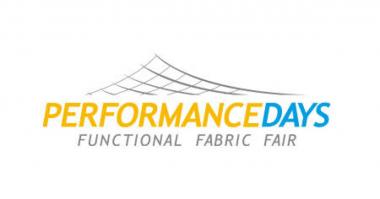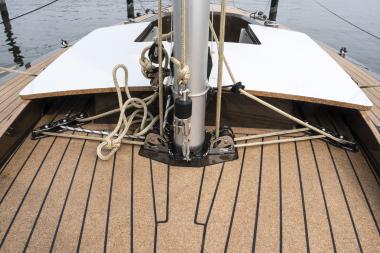DSM to showcase armor solutions made with Dyneema® at Milipol Paris 2021
DSM, the inventor and manufacturer of Dyneema®, will be exhibiting at one of the leading events for homeland security and safety, Milipol Paris 2021, from October 19-22.
The performance characteristics of Dyneema® make it ideal for a variety of applications, including soft and hard armor ballistics to protect against today’s advanced and emerging threats. In addition, Dyneema® combines next-generation fiber technology and unidirectional engineering to deliver armor solutions with unmatched ballistic stopping power in a lightweight and flexible composite.
By implementing Dyneema®, body armor manufacturers are able to use less material in the development of their ballistic vests, plates and helmets. This leads to weight savings upwards of 30 percent when compared to competitive materials, without impacting ballistic performance. The lightweight construction of armor made with Dyneema® also mitigates injuries associated with the cumulative effects of daily armor use – while improving situational awareness, as well as cognitive and tactical performance.
While decreasing the load on the wearer, Dyneema® is simultaneously able to reduce the impact of material manufacturing on our planet. In line with DSM’s commitment to protect people and the environment they live in, we have developed the first-ever bio-based ultra-high molecular weight polyethylene fiber and unidirectional (UD) material. Bio-based Dyneema® boasts the same exact performance as conventional Dyneema® with a carbon footprint that is 90 percent lower than generic HMPE.
DSM DSM Dyneema ballistic protection Protective Textiles personal protective equipment Fibers
DSM Protective Materials / EMG



















